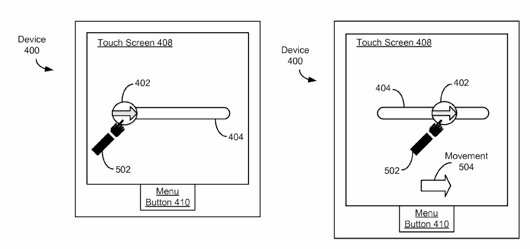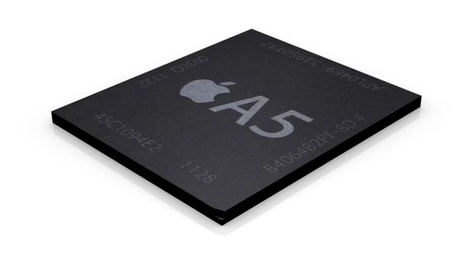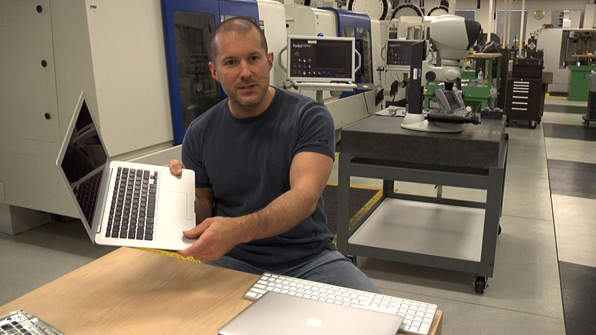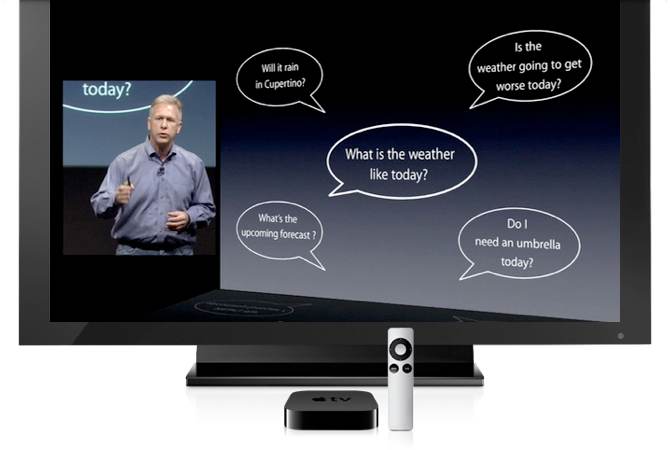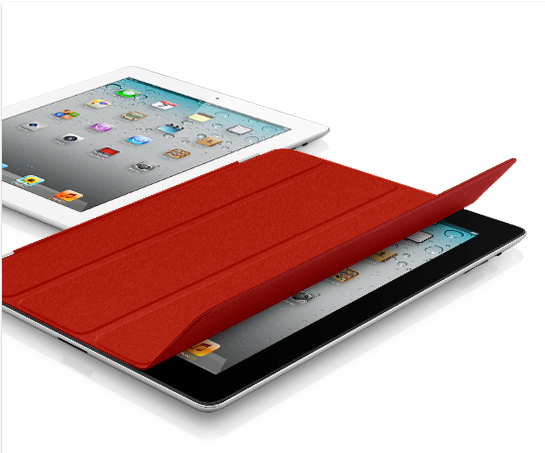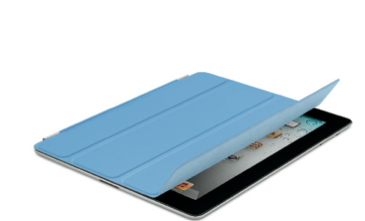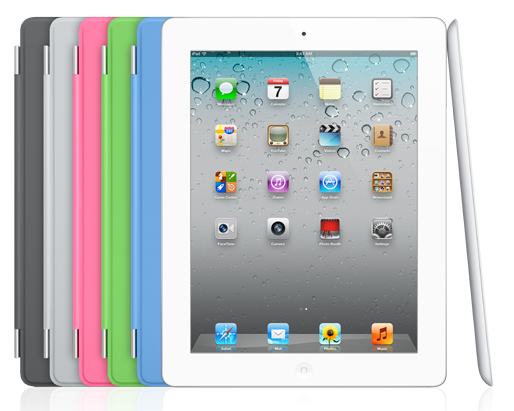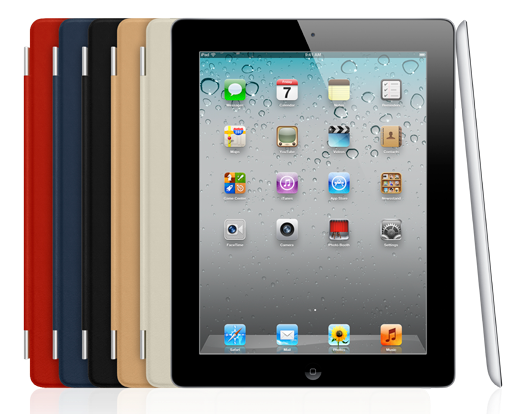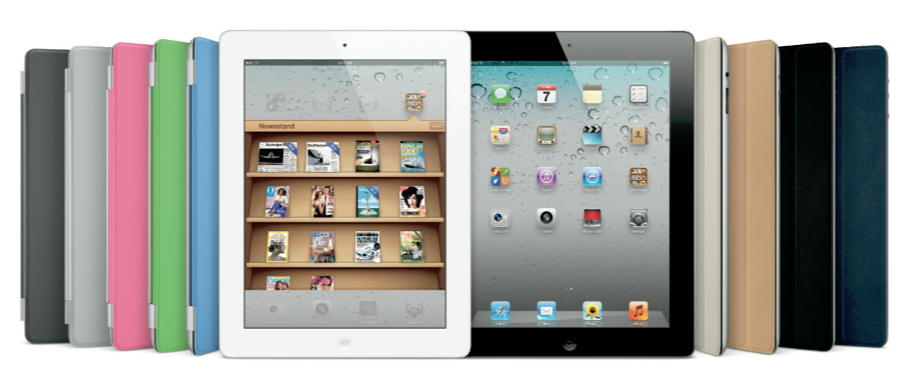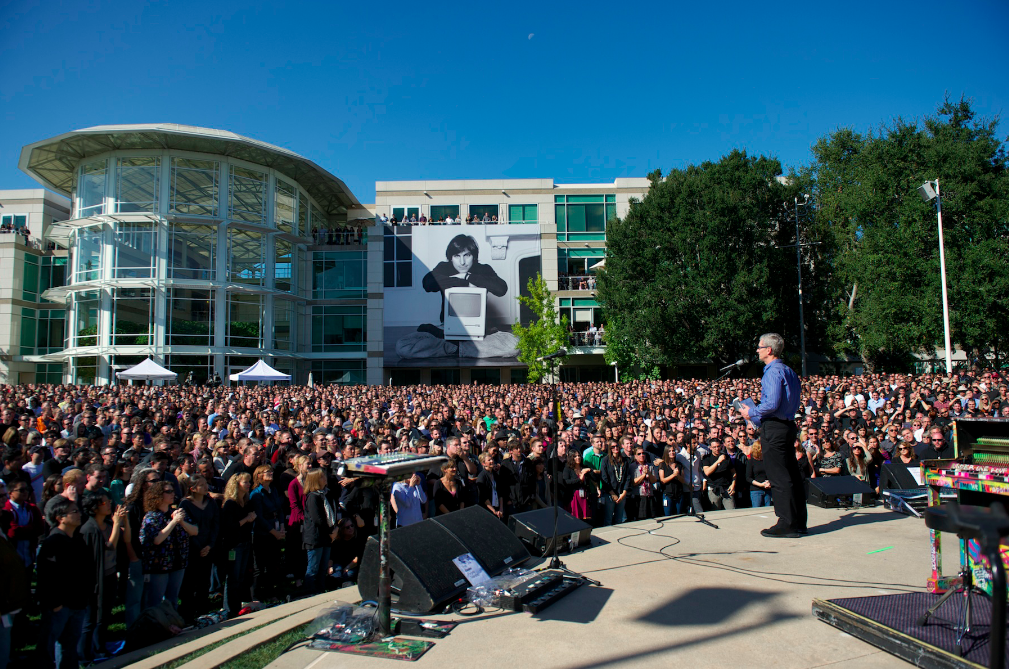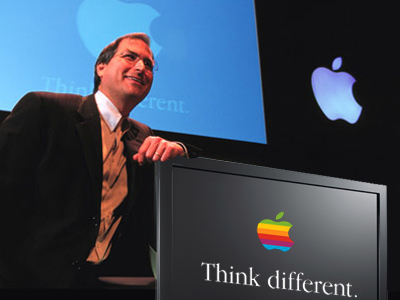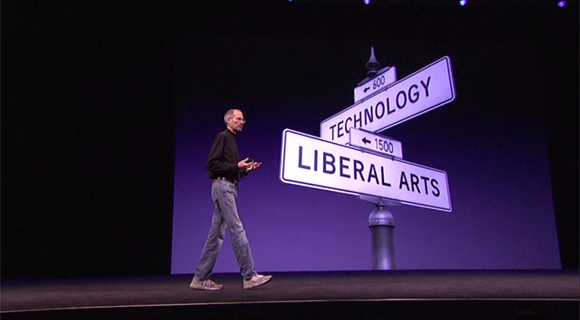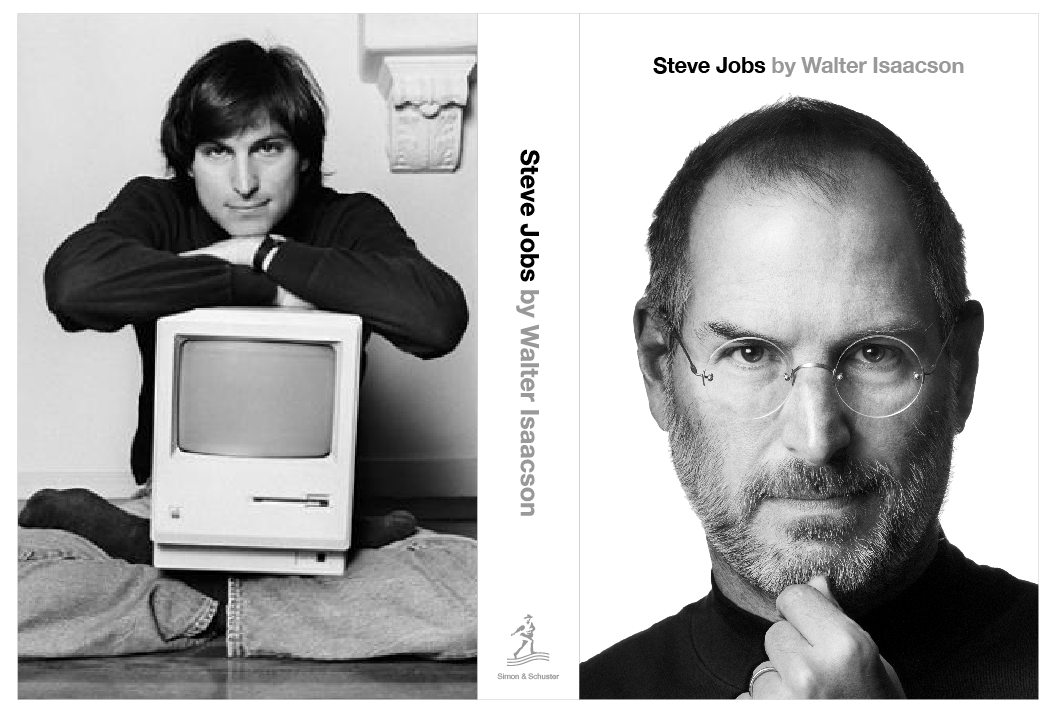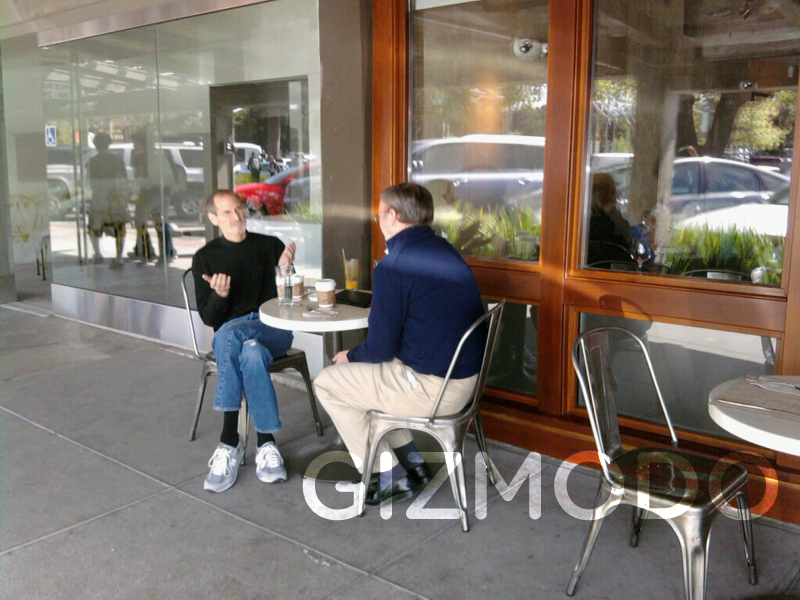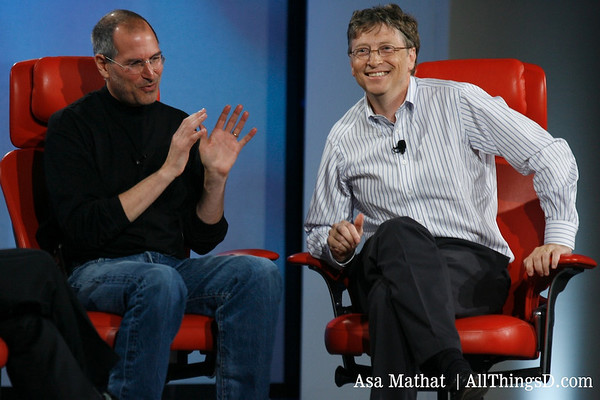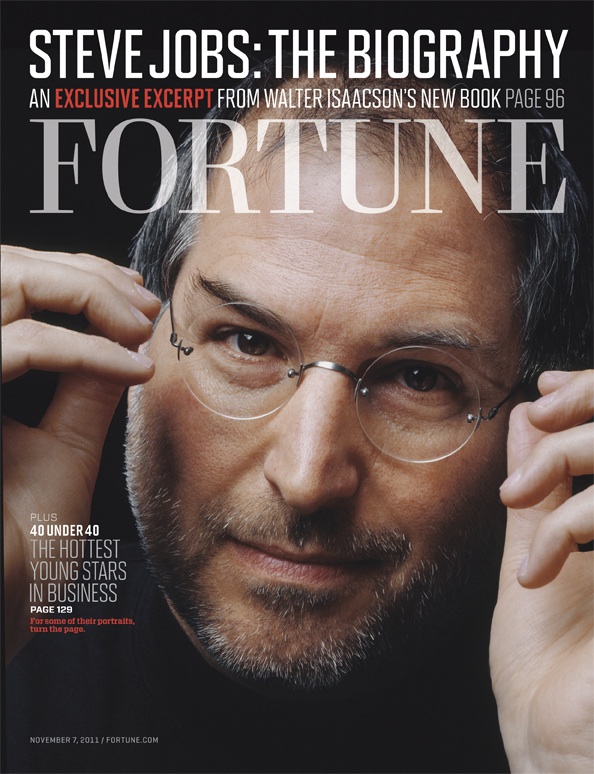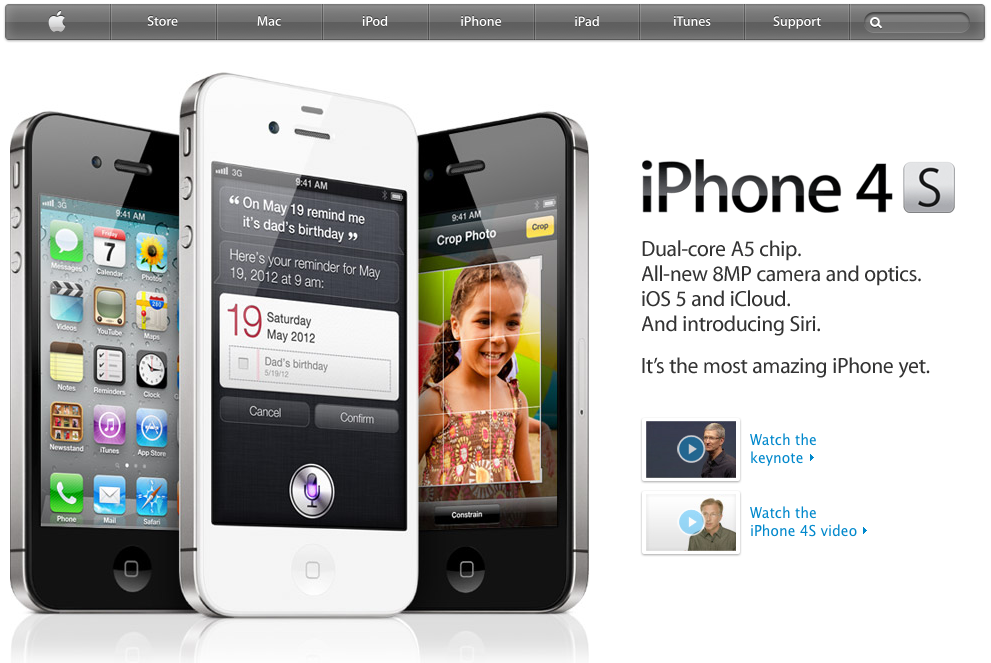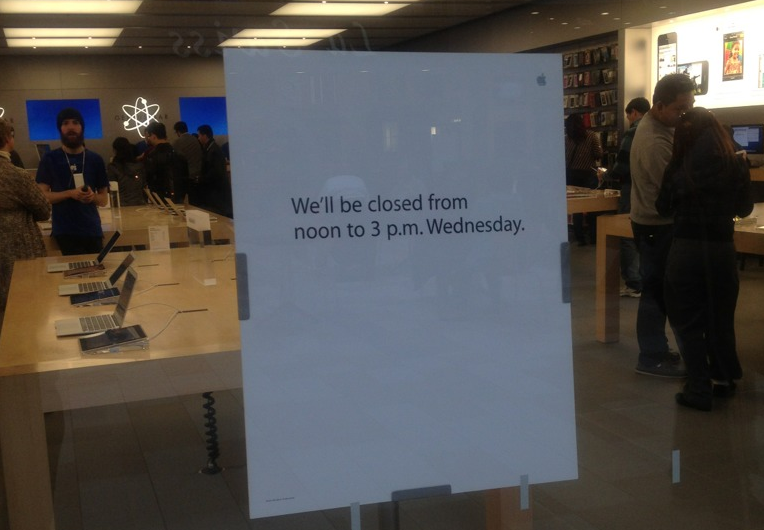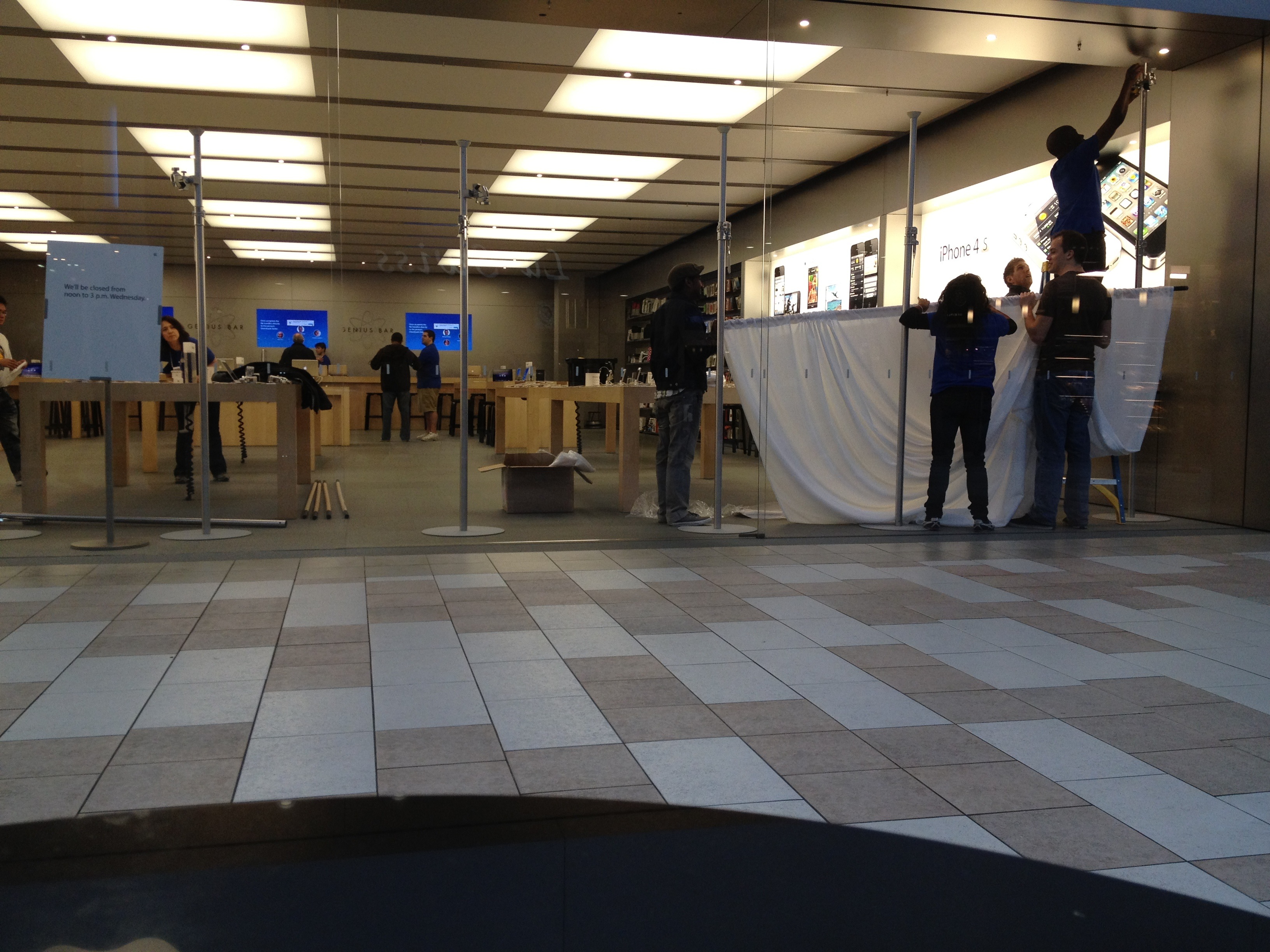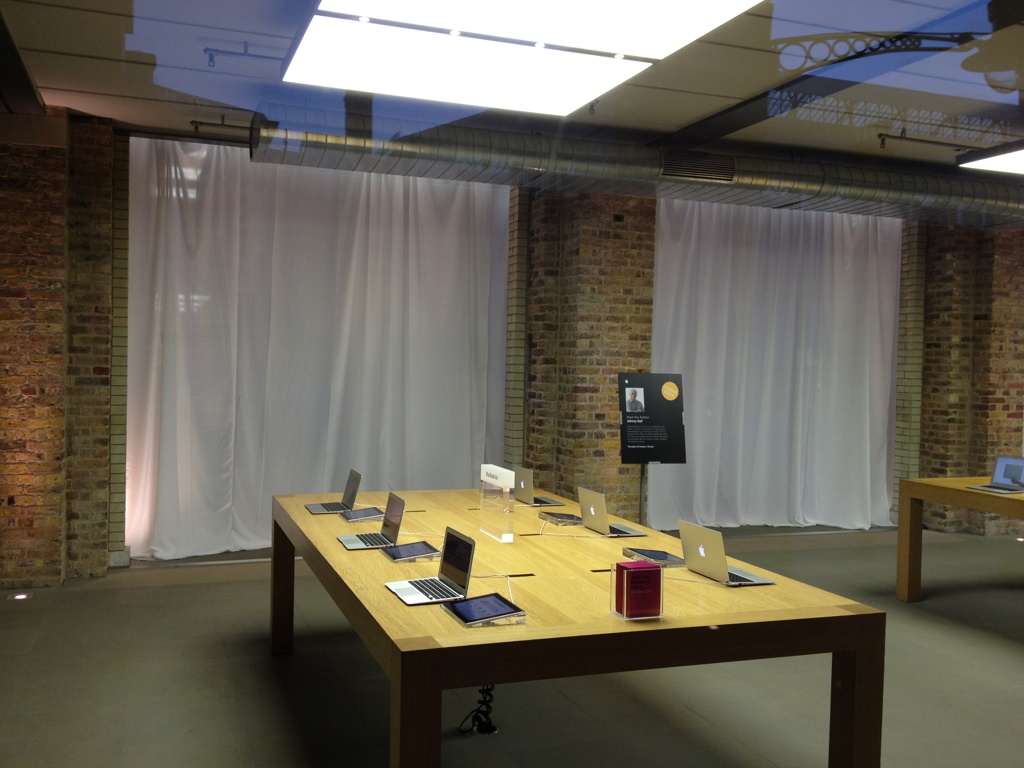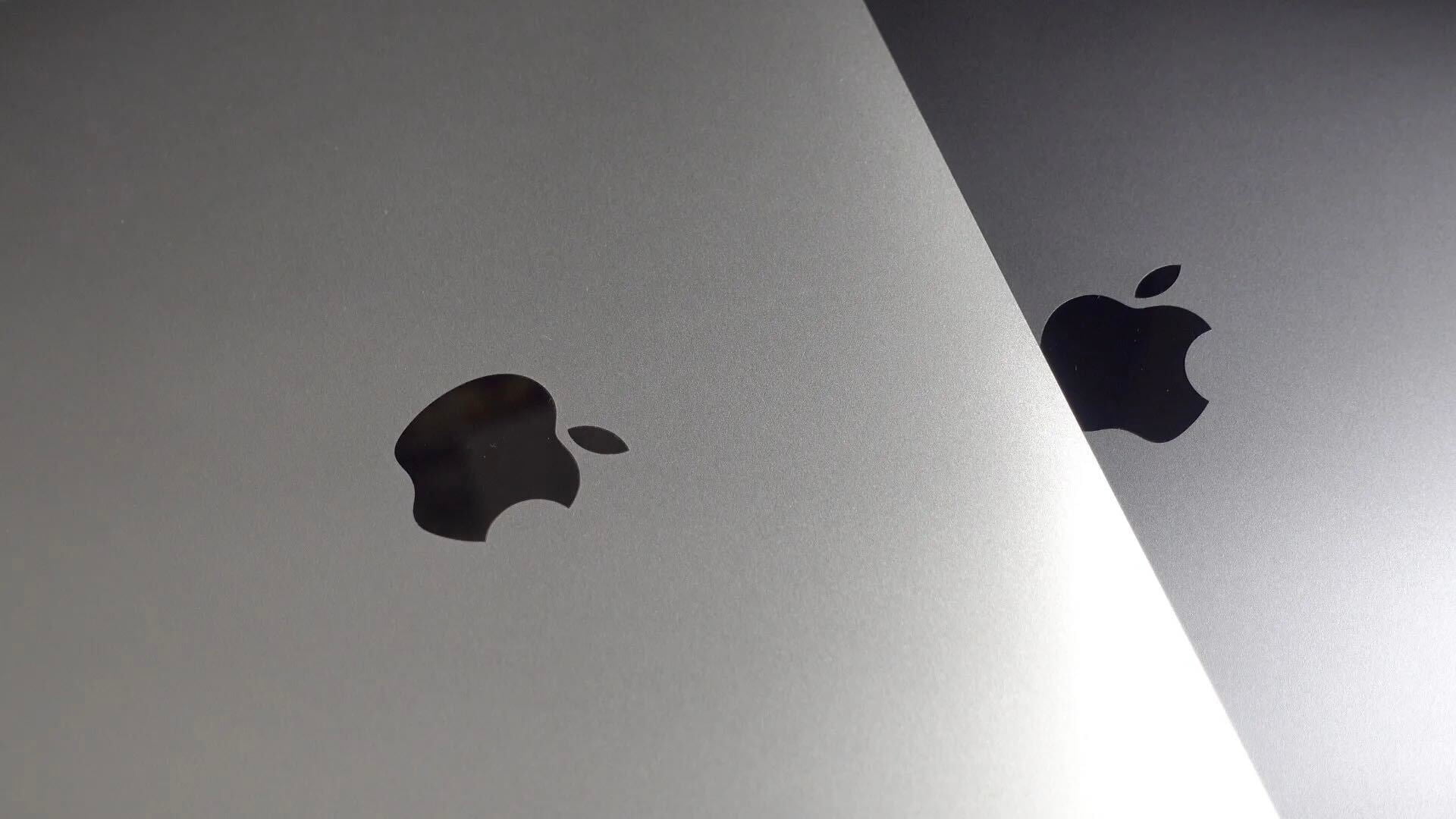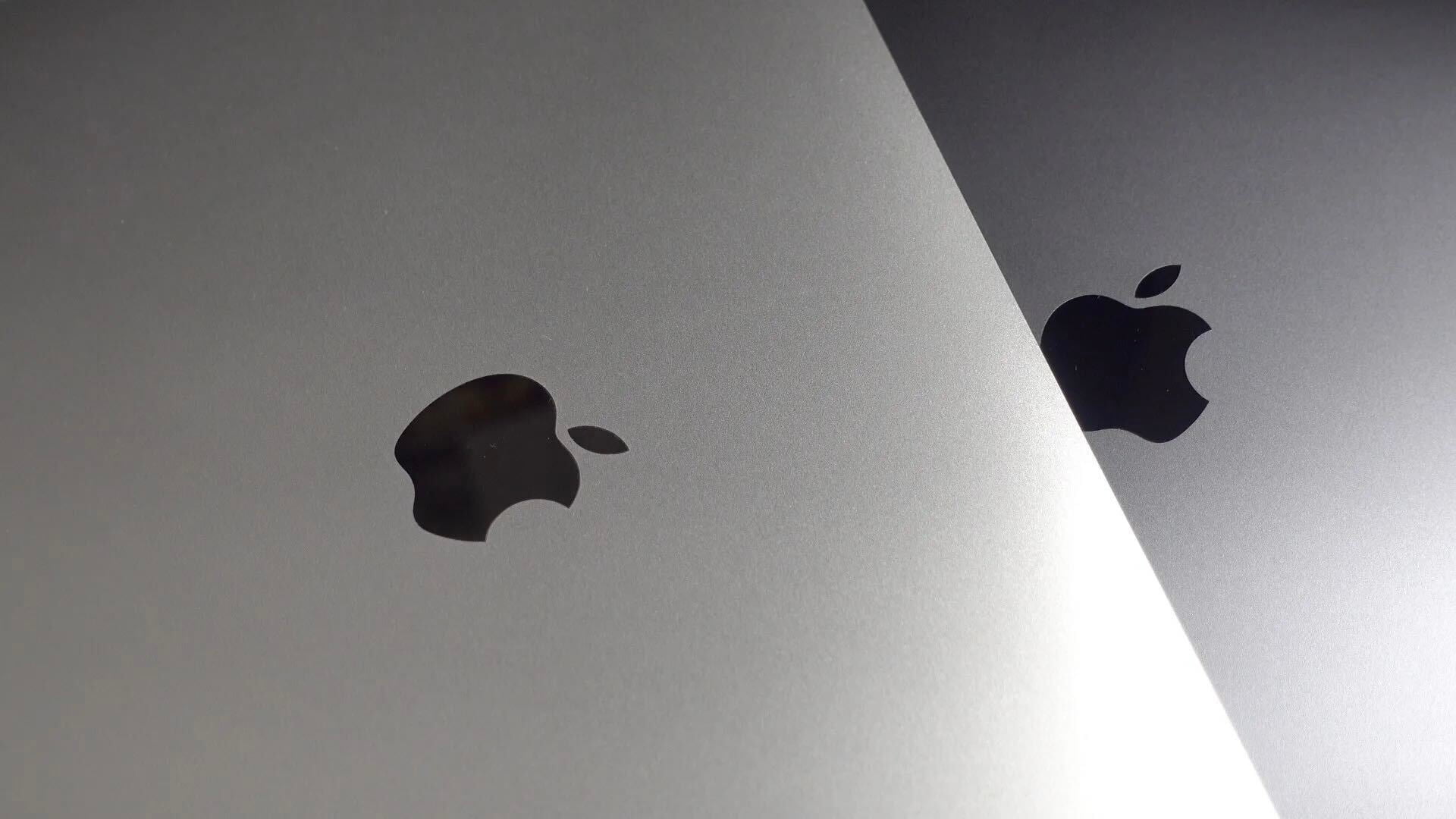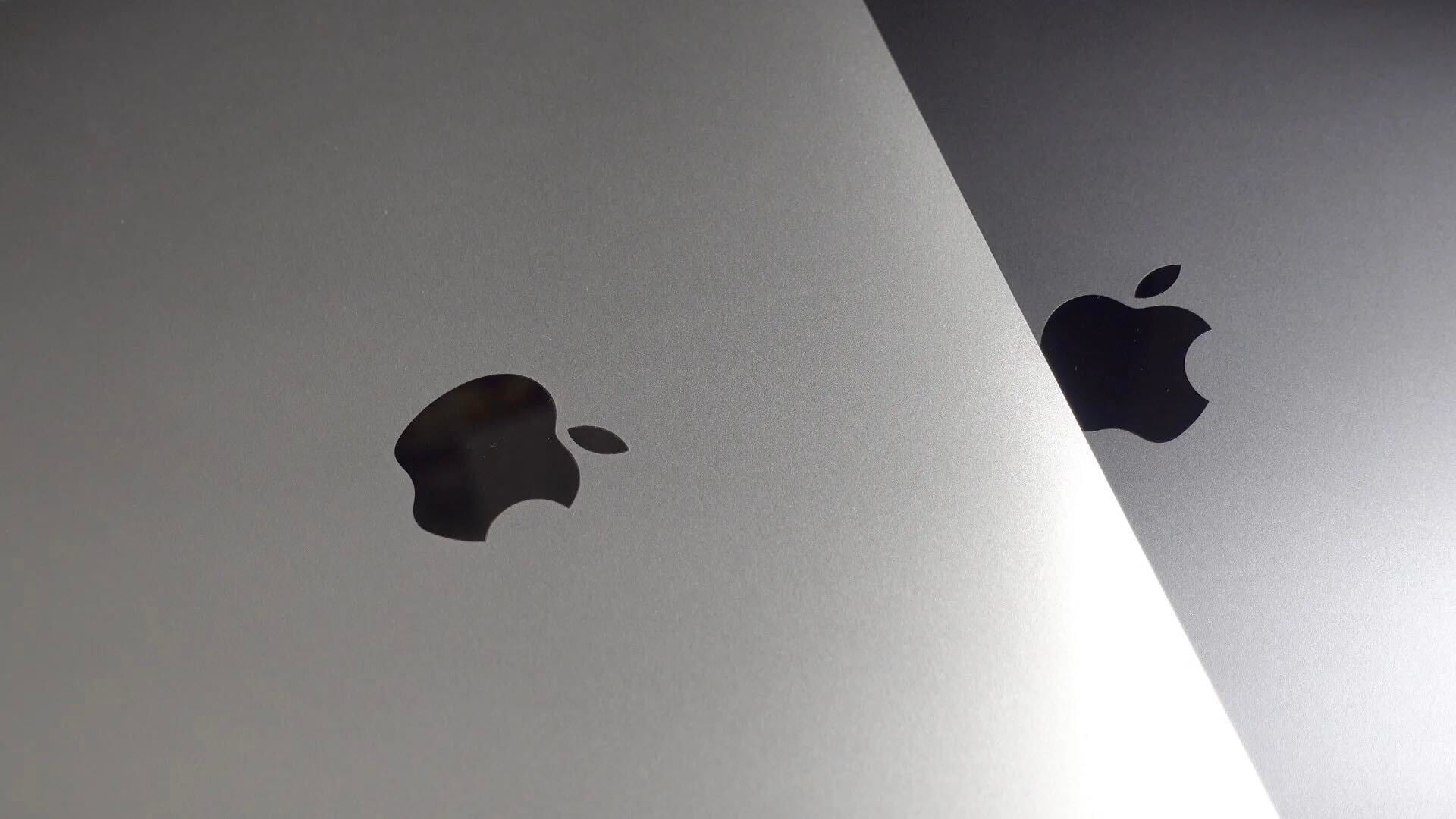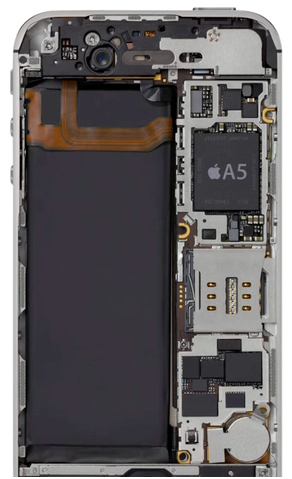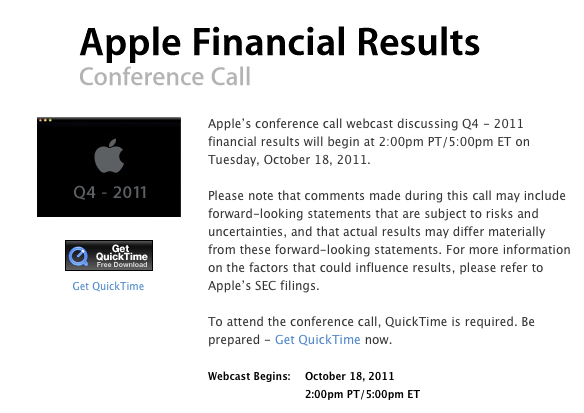Steve Jobs
The foundation of Apple
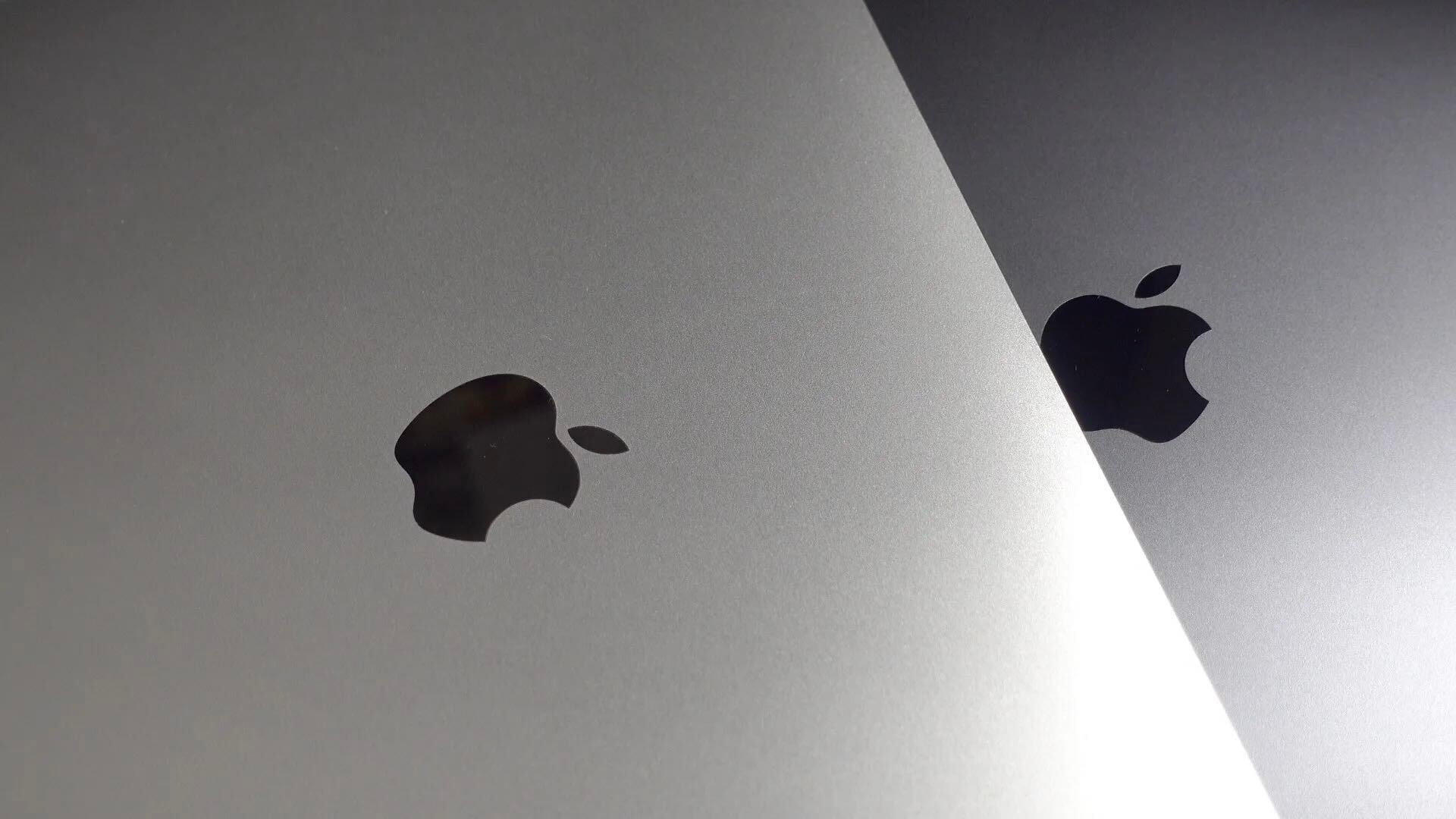
Steve Jobs was the co-founder and CEO of Apple. He also founded NeXT and was the majority shareholder of Pixar, both of which he was also CEO. Jobs is known as an icon of creativity and entrepreneurship. The prolific author Walter Isaacson released Jobs’ biography in October of 2011. Isaacson describes his major accomplishment as being a “creative entrepreneur whose passion for perfection and ferocious drive revolutionized six industries: personal computers, animated movies, music, phones, tablet computing, and digital publishing.”
Jobs attended Reed College for a short period of time before dropping out in 1972. However, he continued to dabble with classes unofficially and came across a calligraphy course instructed by Robert Palladino. This course ended up being highly influential for Jobs as he attributed it to bringing multiple typefaces to the Mac.
Steve Jobs founded Apple with Steve Wozniak and Ronald Wayne in 1976. After a drawn out power struggle Jobs was pushed out of Apple in 1985. He then founded NeXT in 1985 and also funded the move of Lucasfilm’s Graphics Group to become its own corporation, which became Pixar in 1986. Just over a decade later in 1997, Jobs returned to Apple as they acquired NeXT. His return marked the beginning of a new era of success. He took over as CEO in July of 1997 and continued on until handing the position to Tim Cook on August 24, 2011 after increasing health problems. Jobs passed away on October 5, 2011.
Isaacson describes his major accomplishment as being a “creative entrepreneur whose passion for perfection and ferocious drive revolutionized six industries: personal computers, animated movies, music, phones, tablet computing, and digital publishing.”

